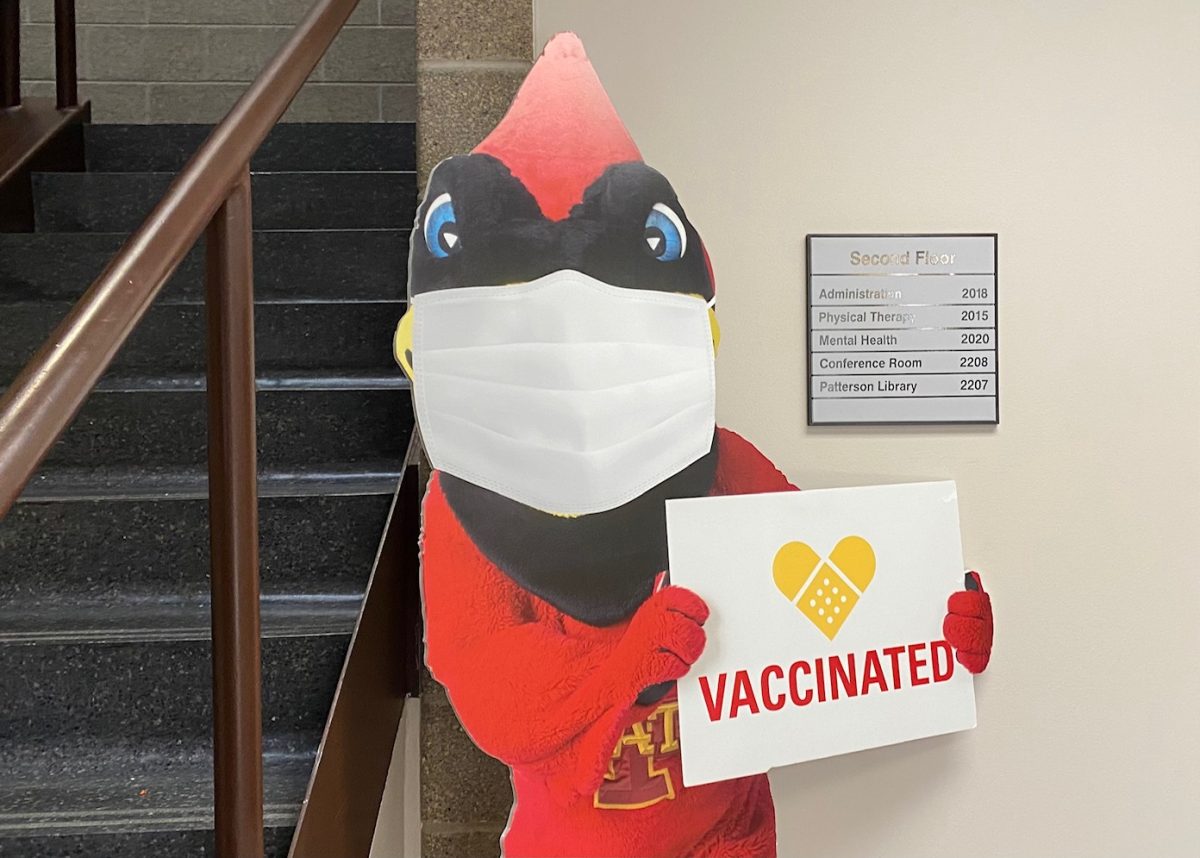Team of ISU scientists investigating secrets behind Acetyl-CoA
September 7, 1999
At Iowa State, scientists are using breakthrough technology to add a different twist to today’s agriculture.
A group of four scientists — Basil Nikolau, professor of biochemistry, Eve Wurtele, professor of botany, David Oliver, professor and chairman of botany, and Pat Schnable, professor of agronomy — have teamed up to unlock the secrets behind the molecule Acetyl-CoA.
Acetyl-CoA exists in all living organisms, and it is a major ingredient required by plants to create some of substances they produce, such as waxes, pigments, oils and compounds used to make plastic.
“Acetyl-CoA is a beginning point for making oils or bioplastics and other compounds,” Nikolau said.
“It is a well-known molecule in biology, but how it is produced in plants is unknown,” he said.
Wurtele said the group has cloned about six or seven genes or proteins that they think are important components of Acetyl-CoA.
Wurtele said these genes are cloned by identifying the segment of DNA responsible for making the protein and then replicating the DNA in a test tube.
The additional DNA is then placed back in the plant, which changes the level of the protein in the plant.
This alters the level of gene expression, which allows the scientists to study the changes that may occur in the plant.
By understanding how the molecule is created in plants and how each of its components works, plants can be developed that will produce greater levels of valuable compounds.
“All of these things will contribute to developing designer crops to make high-value compounds,” Wurtele said. “We’re the only ones working on this early step.”
For Iowa farmers, this may have widespread implications.
“It will make agriculture more efficient and will provide information on how rational decisions can be made to improve agricultural production of chemicals,” Nikolau said.
“It will be a number of years before we get any results, but we could do something big when we get the answers,” he said.






